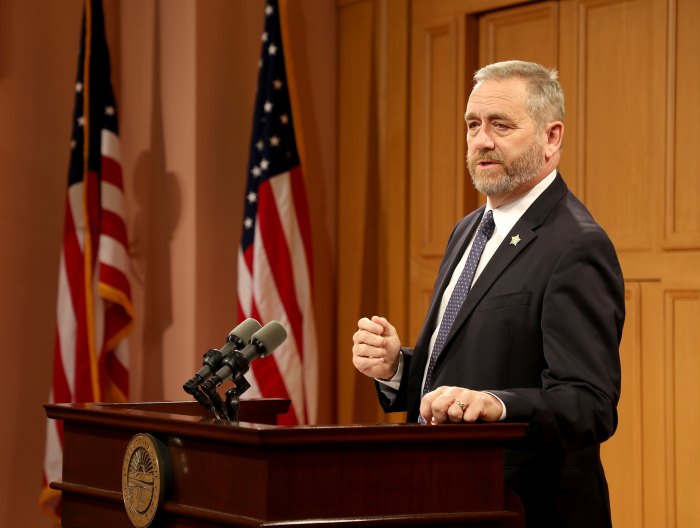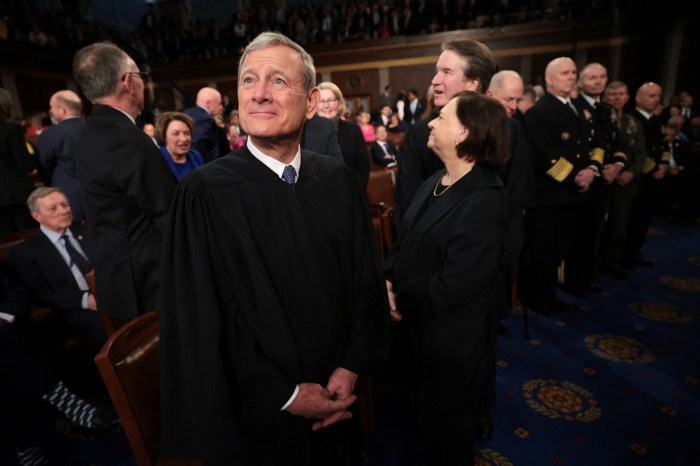European Court orders Brits
In a stunning victory for transsexual legal rights, a “grand chamber” of 18 judges at the European Court of Human Rights ruled on July 11 that the United Kingdom is in violation of two articles of the European Convention on Human Rights in its treatment of transsexuals. The Court ordered Britain to grant new birth certificates to transsexuals showing their “acquired” gender, and to allow them to marry.
The ruling came in two cases, originally filed with the court in 1994 and 1995, one by Christine Goodwin, the other by an anonymous transsexual identified in court papers as “I.” In both cases, the plaintiffs alleged that Britain’s failure to recognize their sex changes through changed legal status had produced significant hardship in their lives, affected job opportunities, limited their right to marry, and subjected them to economic and psychological deprivation. For example, Goodwin argued that the government’s refusal to recognize her as a woman did not allow her to retire at 60 with full pension as current British law provides for women, though not for men who must wait until they are 65. (The age differential, a bit of legalized sex discrimination, will end in 2004).
Both plaintiffs are post-operative male-to-female transsexuals, who had their surgical gender reassignment supervised and funded by Britain’s national health service. But the women were denied new birth certificates even though Britain will issue new driver’s licenses to reflect a gender change. Also, a recent British appellate decision found that a marriage between a male-to-female transsexual and a man was void because it was a same-sex marriage.
The U.K., which is bound by treaty under the Convention, was found to have violated two of its provisions.
Article 8 guarantees “the right to respect for… private life” and forbids “interference by a public authority with the exercise of this right” except where issues of national security, public safety, health, morals, and national economic well-being, the protection of the rights of others, and the prevention of disorder and crime supercede. Article 12 provides that “men and women… have the right to marry.”
The court unanimously concluded that both of these articles were violated, with the right of transsexuals to marry logically flowing from their right to be recognized in their acquired gender under Article 8.
The court noted past cases in which it had refused to require a state to recognize a sex change, but argued, “The Court must have regard to the changing conditions… and respond, for example, to any evolving convergence as to the standards to be achieved… A failure by the Court to maintain a dynamic and evolutive approach would indeed risk rendering it a bar to reform or improvement.”
Turning to the issue of “respect for private life,” the court ruled that the gender identity of a transsexual is “an important aspect of personal identity.”
“A conflict between social reality and law arises which places the transsexual in an anomalous position, in which he or she may experience feelings of vulnerability, humiliation, and anxiety,” the Court wrote.
The court was particularly struck that Britain’s national health service recognizes gender dysphoria as a medical condition treatable through gender reassignment and pays for the necessary therapy, but then the country’s administrative structure refuses to follow through and treat the individual as a member of his or her acquired gender.
The court decided that the current state of medical knowledge about what causes gender dysphoria was not well established, but that there is an emerging consensus at the level of public policy among European nations to recognize sex changes. Reviewing the situation in Europe, the court noted that out of 37 nations whose laws were analyzed, only four, including the U.K., refused to acknowledge a legal change of sex on a birth certificate, which the court found to be “a continuing international trend in favour not only of increased social acceptance of transsexuals but of legal recognition of the new sexual identity of post-operative transsexuals.”
After concluding that the equities weighed in favor of the plaintiffs, thus requiring a finding of violation under Article 8, the court turned to Article 12 and quickly concluded that the right to marry a man must follow from the requirement that the state recognized a post-operative transsexual as a member of their acquired sex. Responding to the U.K.’s argument that transsexuals retained the right to marry, merely the sex of their partner being circumscribed, the court said that it found “that it is artificial to assert that post-operative transsexuals have not been deprived of the right to marry as, according to law, they remain able to marry a person of their former opposite sex. The applicant in this case who lives as a woman, is in a relationship with a man and would only wish to marry a man. She has no possibility of doing so. In the Court’s view, she may therefore claim that the very essence of her right to marry has been infringed.”
Each of the plaintiffs sought damages for economic and psychological injury, as well as substantial legal fees to cover their costs of the proceedings. Here the Court did hand a tiny victory to the U.K., by generally agreeing that the remedy for the plaintiffs should be their entitlement to legal recognition of their acquired gender, and refused to award damages. However, the court did award attorneys fees to each of the plaintiffs, although in amounts somewhat smaller than had been claimed.





























